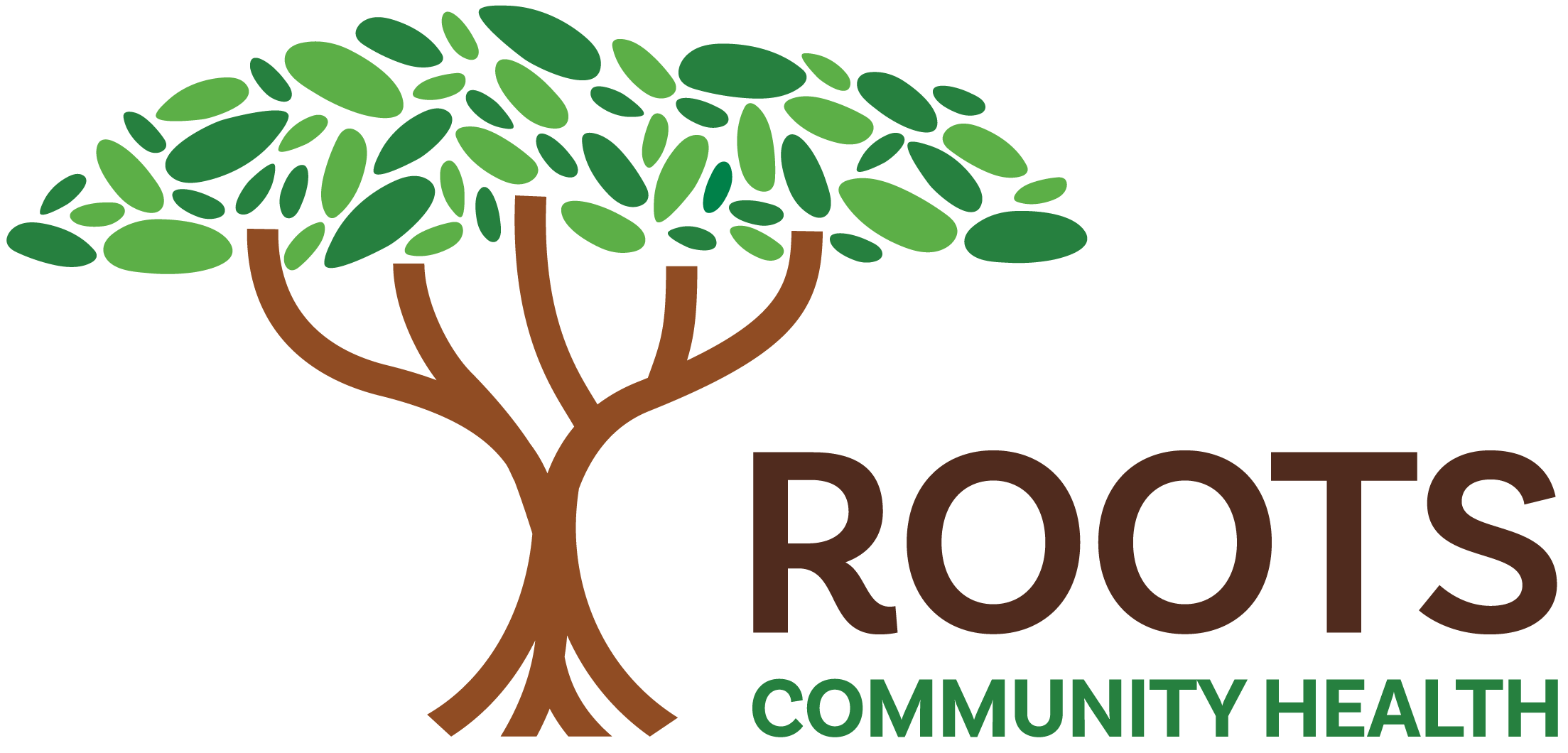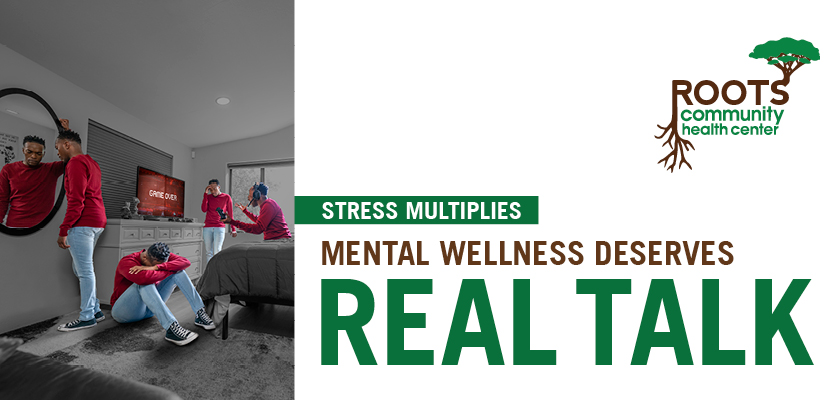About COVID-19
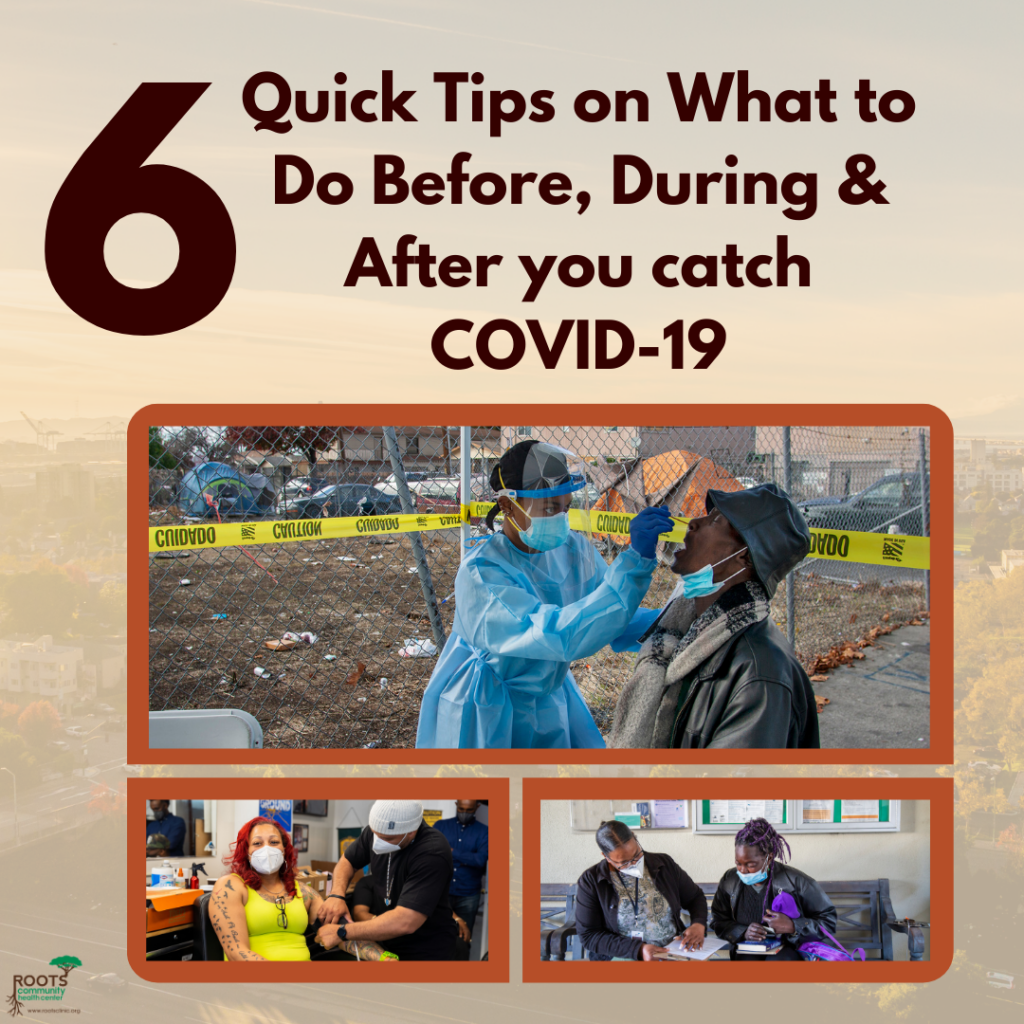
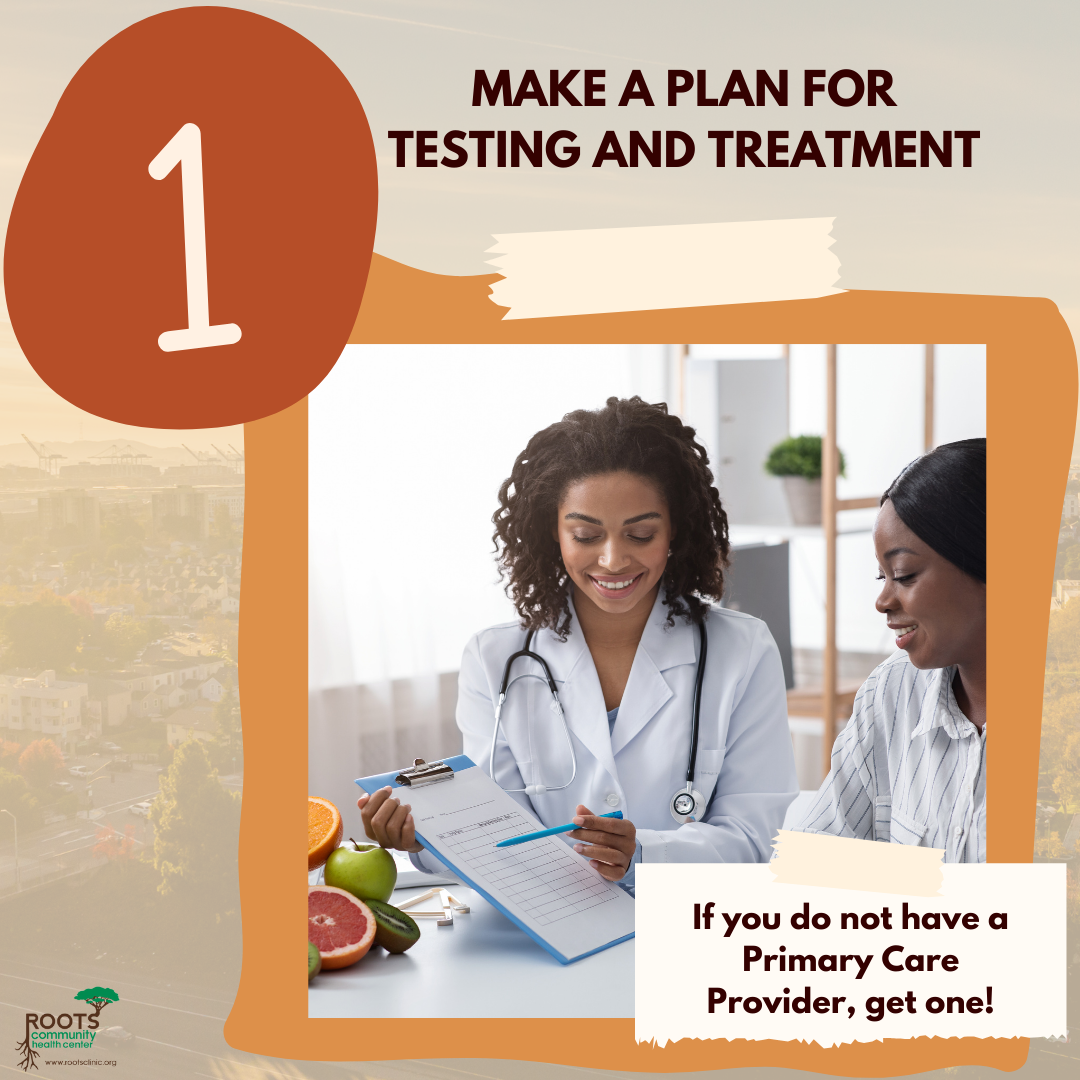
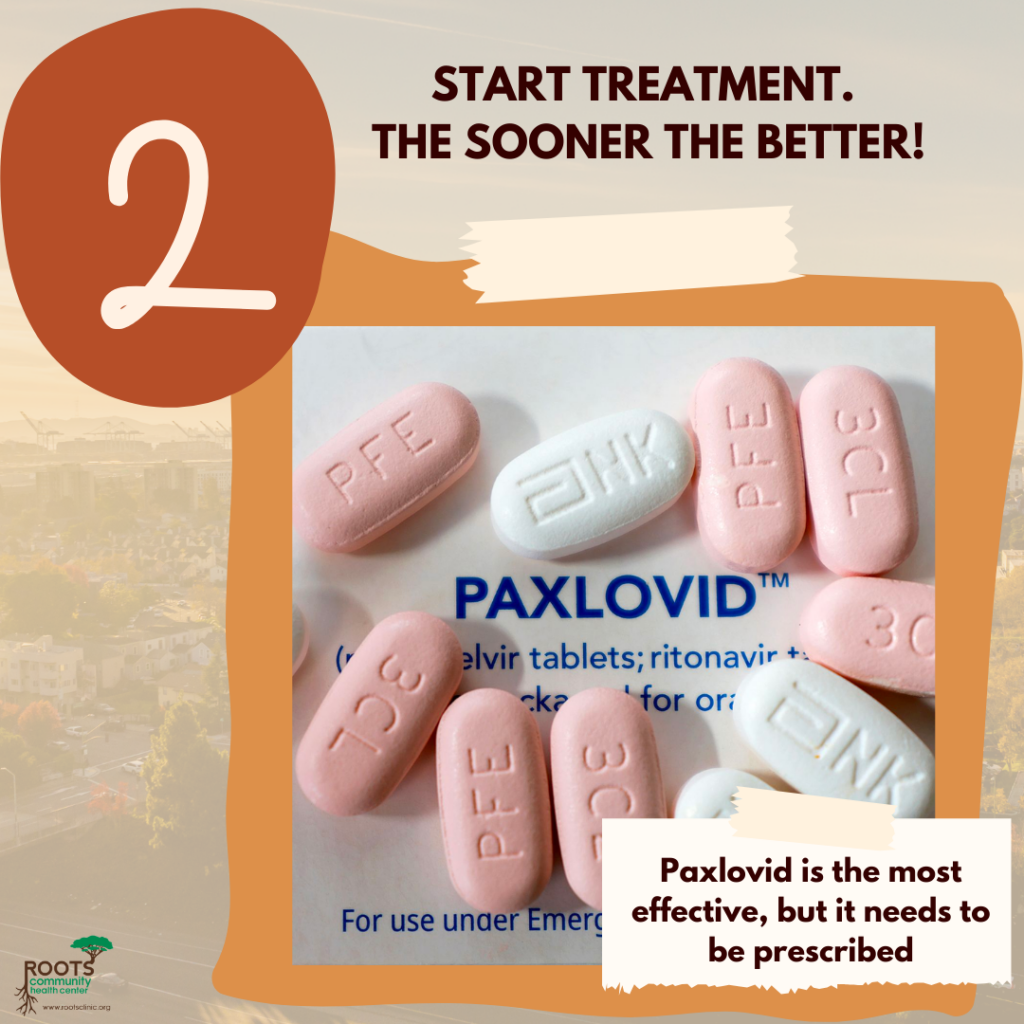




What Is COVID-19?
COVID-19 is a disease caused by the novel coronavirus (a new strain that has not been previously identified in humans). Coronavirus causes COVID-19. The disease can affect your lungs and airways and can cause mild to severe illness. It is highly transmissible and has been characterized as a pandemic by the World Health Organization, meaning there is a global outbreak of disease.
Individuals at high risk of developing more severe symptoms include people over 65 years of age, people with compromised immune systems, and people with serious chronic medical conditions.
Up-do-date information such as the number of cases of COVID-19 in various regions can be found at the following links:
- Alameda County Data
- Santa Clara County Data
- State of California Data
- United States Data
- Worldwide Data
How Is It Spread?
COVID-19 is a droplet-borne virus. This means that it spreads from an infected person to others through respiratory droplets produced when one sneezes or coughs. The virus can then survive on surfaces for up to 3 days if not disinfected.
How Can I Explain COVID-19 To My Child?
COVID-19 For Kids
What Are The Symptoms?
- Symptoms may appear 2-14 days after exposure.
- Symptoms include cough, fever, and shortness of breath. More information on symptoms can be found here (from the Centers for Disease Control and Prevention).
- Some people may also be asymptomatic. Which means they can carry and transmit the virus to others without showing any symptoms.
- If you have symptoms and/or have been around someone that tested positive and think you may need testing, contact a healthcare provider and attempt to immediately isolate yourself so as not to infect others. Your healthcare provider will then determine if you need testing and/or hospitalization.
What Should I Do to Keep Myself, My Family and My Community Safe From COVID-19?
California is currently under a state-wide Shelter at Home order, as of March 19th, 2020. What does this mean? This means that in order to disrupt the spread of the virus, all California residents are encouraged to stay at their home or place of residence except to get food, care for a relative or friend, get necessary health care, or conduct essential work that cannot be done from home. The complete list of essential services can be found here.
Stay home, wash hands with soap and water for at least 20 seconds (Why? Watch this video), cover any coughs or sneezes with a tissue, clean and disinfect frequently touched objects and surfaces. If soap and water are not available, use alcohol-based hand sanitizer.
Do not panic. Panic has negative consequences on your health and mental health and does no good in this situation. Self-care = self-preservation. Take care of yourself mentally, physically, and spiritually.
I Have Been Diagnosed or Think I Might Have COVID-19. What Should I Do?
If you are experiencing symptoms such as fever, cough, or shortness of breath, or think that you might have been infected by someone with COVID-19, isolate yourself at home immediately (see instructions here) and call your primary care doctor’s office for a phone evaluation.
If you feel your symptoms are life-threatening, call 9-1-1 or go to the nearest emergency room. If possible, put a face mask on before leaving your home and let medical staff know you have COVID symptoms as soon as possible.
Can I Get Tested?
Yes! Roots offers free testing to everyone in the community. To protect testing resources for those with less access, please consider asking your primary care doctor for a test first.
What Are Some Ways to Manage Anxiety And Stress Related to COVID-19?
This pandemic is stressful for many individuals. Stress can lead to many negative outcomes, including changes in sleep or eating patterns, difficulty sleeping or concentrating, worsening of chronic health problems, and increased use of alcohol, tobacco, and other drugs. It is important to take some time every day to check in on your feelings and take care of yourself emotionally.
Below are some things you can do to support your mental health:
- Take breaks from watching, reading, and listening to news stories (including social media).
- Take care of your body. Take deep breaths, stretch, or meditate. Try to eat healthy meals, exercise regularly, get plenty of sleep, and avoid alcohol and drugs.
- Make time to unwind. Do activities you enjoy within the Shelter-In-Place guidelines.
- Connect with others. Social distancing can be taxing on your mental health. Talk with people you trust about your concerns and how you are feeling.
- Guidance on coping with Social Distancing, Quarantine, and Isolation is here.
- Guidance on helping children cope with stress are here.
- Find more tips and for coping with stress by the World Health Organization here; and the CDC website here.
Looking for someone to talk to? The California Peer-Run Warm Line is a highly accessible, low-threshold mental health resource that people can use to seek support before they’ve reached the crisis point, in the hope that support now will prevent crisis later. We are also able to help link you to local emergency, mental health, or social services. All calls are free and confidential. Toll-Free Number: 1-855-845-7415. Web Chat: https://www.mentalhealthsf.org/peer-run-warmline/.
We WILL get through this TOGETHER!
